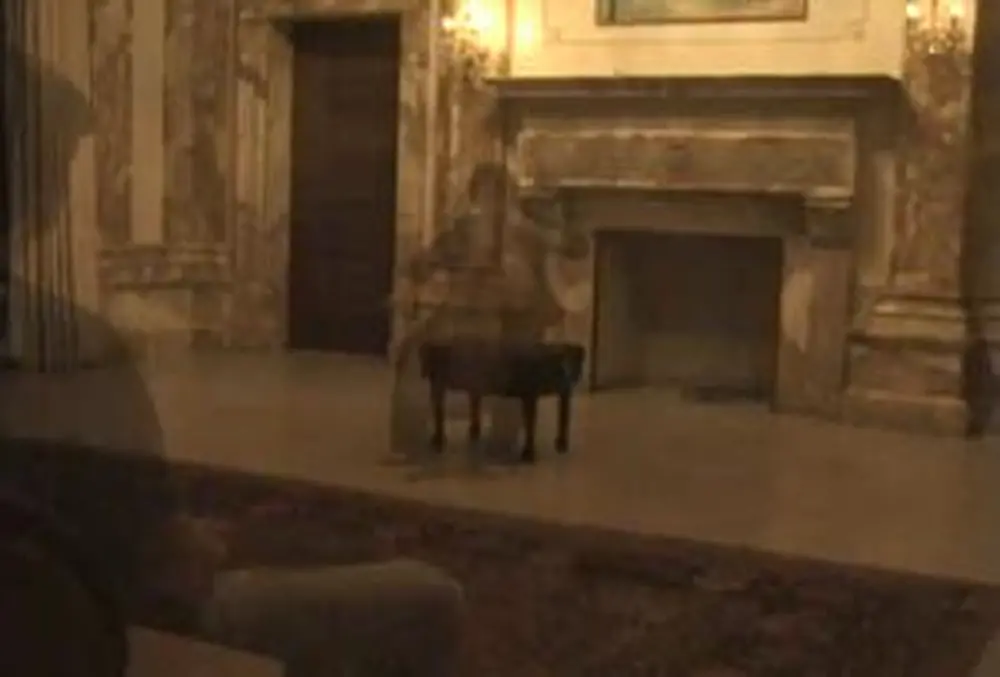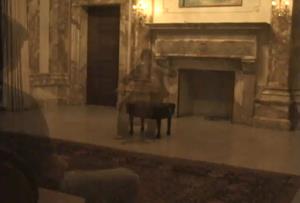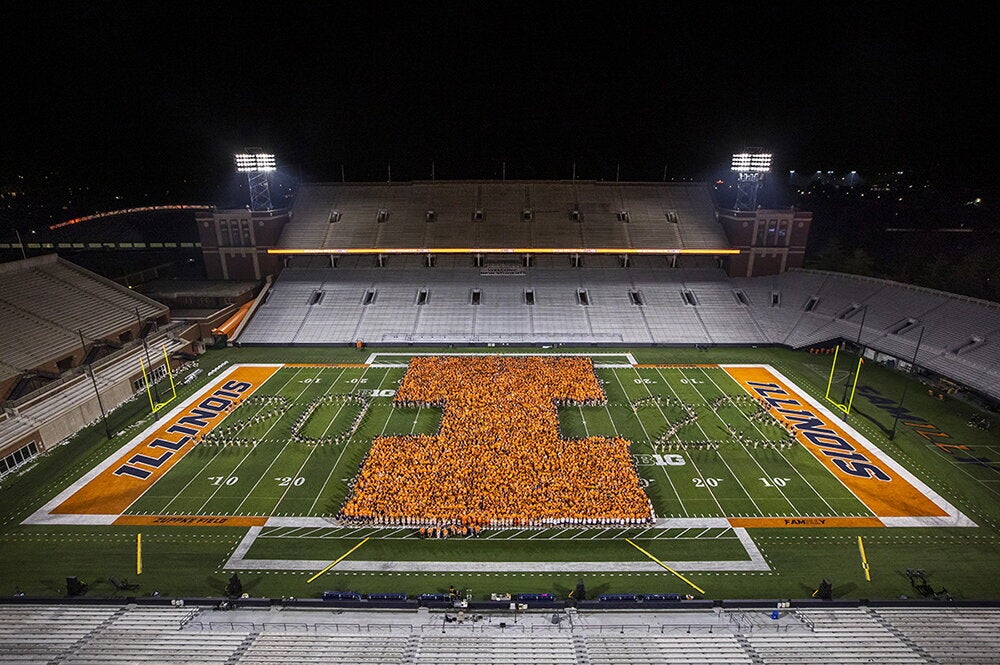

Just as the fall 2010 semester was winding down, junior Andrew McFadden got an email from a friend, alerting him to a video contest on campus. The challenge: Make a short film showing what the world might be like devoid of humanities and the arts.
“When I first saw it, I thought, ‘Wow, I never really thought about that,’” McFadden says. “Then I found out that it was kind of a pressing issue.”
During the holiday break, he and his friends came up with a plot, then returned to campus and shot a 3-minute video they titled “Losing the Human Condition.” It recently was named the winning entry in the contest co-sponsored by the Unit for Criticism and Interpretive Theory. On April 27, McFadden and his friends received the $500 prize during a reception at the Illinois Program for Research in the Humanities.
On first impression, McFadden doesn’t fit the profile of an advocate for the arts and humanities. His major at the University of Illinois is industrial engineering—a field of study typically more focused on factories and warehouses than novels, paintings, and music. McFadden, however, sees no disconnect.
“You know, the key to a good education is just to be able to solve problems,” he says. “And you can’t really do that without arts and science. I mean, I think the two go hand-in-hand. I can see that it might seem odd, but I don’t see why it should be.”
He collaborated on the film with his girlfriend, Sarah Hubbard, an English education major, and her friends Allison Reitz and Christina Tam, both majoring in music composition. They also are juniors.
The foursome already had made a 14-minute film together, which was broadcast on UI-7 last fall. “It was kind of goofy, just something fun,” McFadden says. But making that film had shown the four friends that they enjoyed working together.
“I felt like because we had such a powerhouse of talent, with my girlfriend and her friends, I was confident that we had a shot in this contest,” McFadden says.
The film begins with text slides asking the viewer to imagine a world without literature, plays, music, philosophy, anthropology, and the arts, and to imagine a University without programs dedicated to these subjects.
Piano music that Reitz wrote plays in the background as Hubbard is seen enjoying the arts—reading a novel, creating a painting, attending a cello recital performed by Tam. As the camera shifts to Tam, playing Reitz’s composition, the music builds tension and urgency, as McFadden’s narration informs viewers that budget constraints are affecting arts and humanities programs nationwide.
“Just last fall, a state university in Albany, N.Y., chose to suspend five entire humanities programs indefinitely,” he says. “This makes one frightening notion clear: that a world without humanities could be right around the corner.”
Tam and her cello disappear from the stage. The music stops; the screen goes black.
Then the narrator tells the viewers that passion and funding can save the programs that have been cut, to “truly foster the connections and drive that make us who we are.” Reitz’s music resumes, Tam and her cello reappear, Hubbard is seen reading, and—through some editing tricks—her blank canvas seems to paint itself.
The 3-minute video ends with McFadden saying: “Maybe the real question isn’t the state of the humanities today, but the state of the human condition tomorrow.”
The videos were judged on originality, persuasion, and impact. Lauren Goodlad, the director of the Unit for Criticism and Interpretive Theory, says one reason she was impressed by “Losing the Human Condition” was the collaborative effort among students with such diverse majors.
“We could not ask for a better statement of the continuing need to integrate high-level humanities and arts teaching in multiple ways in the undergraduate education offered at the University of Illinois,” she says.
Honorable mention went to Ilana Strauss, a junior majoring in media studies, for “Dirges in the Dark,” an animated video using the Don McLean song “American Pie.” The videos can be seen on YouTube.


